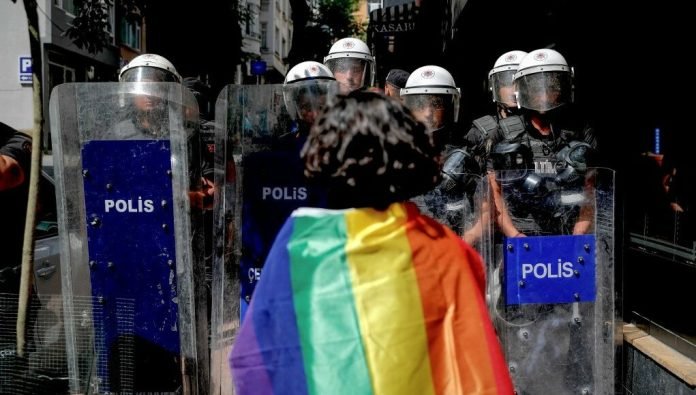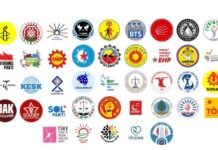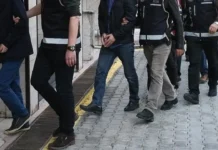Amnesty International’s latest report, released on Tuesday, highlights escalating restrictions and punitive measures against peaceful protesters in Turkey, undermining the right to peaceful assembly.
Turkey was among 21 countries assessed for the state of protest rights. The report observed that in several countries, including Turkey, authorities often impose notification or permit requirements on public demonstrations. However, the distinction between notification and permission frequently blurs, effectively transforming notification requirements into de facto permit mandates.
In Turkey failure to notify authorities of a protest often results in the assembly being deemed unlawful, granting police the authority to disperse the gathering. Non-compliance with notification requirements is commonly cited to justify banning protests.
The report underscored that Turkish authorities frequently interfere with the location of protests, relying on laws that grant them broad discretion and impose disproportionate restrictions on the right to peaceful assembly. Authorities often prevent protests from occurring in places of symbolic importance to the demonstrators, using ambiguous justifications.
The report noted the frequent use of unnecessary and disproportionate force to disperse peaceful protests in Turkey. Post-protest, law enforcement officers often arbitrarily detain participants en masse.
Furthermore, authorities employ counterterrorism and organized crime legislation, as well as national security laws, to target protesters engaged in civil disobedience. The broad scope of laws governing the use of force by law enforcement exacerbates the risk of arbitrary and discriminatory abuse, particularly given the lack of specific training for officers tasked with overseeing and facilitating protests.
The report also highlighted discriminatory rhetoric by senior public officials that reinforces harmful gender stereotypes, institutional homophobia and transphobia. Authorities not only discriminate against LGBT individuals but also impose general bans on peaceful LGBT protests. In some instances, law enforcement has employed unnecessary and arbitrary force, amounting to torture and ill-treatment.
Homosexuality is not illegal in Turkey, but homophobia is widespread. While there are no official figures, Turkey has slid down the LGBT rights index published by the International Lesbian, Gay, Bisexual, Trans and Intersex Association (ILGA). Last year, it was ranked 47th out of the 49 countries ILGA lists in its Eurasia region.
The increase in hateful rhetoric against the LGBT community in Turkey coincided with Erdoğan’s electoral alliances in recent years with ultranationalist and ultraconservative political factions.
Despite regulations theoretically holding law enforcement accountable for misconduct, the report revealed a systemic issue: investigations into police misconduct require authorization from the highest local administrative authority in the officer’s jurisdiction. In practice, prosecutors frequently dismiss allegations brought by individuals, human rights defenders and civil society organizations, or administrative authorities fail to grant permission for investigations, resulting in a culture of impunity.















